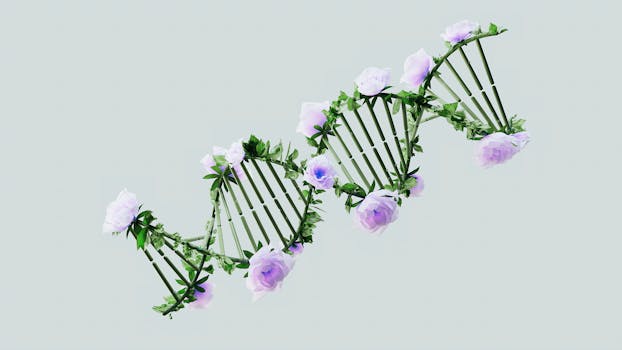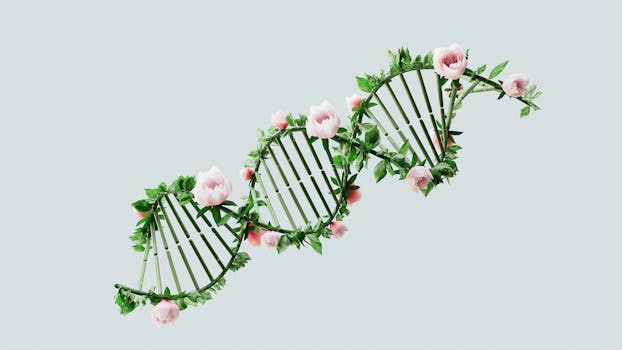
The Role of Genetics in Human Health and Disease
Introduction to Genetics and Human Health

The role of genetics in human health and disease is a complex and multifaceted field of study. Genetics and heredity are essential components of human health, as they determine the characteristics and traits that are passed down from one generation to the next. The study of genetics and its relationship to human health has led to a greater understanding of the causes of various diseases and conditions, as well as the development of new treatments and therapies.
Genetics is the study of heredity, genes, and variation. It involves the examination of the structure and function of genes, as well as the ways in which they interact with each other and with the environment. The field of genetics has expanded significantly in recent years, with advances in technology and the discovery of new genes and their functions.
How Genetics Affect Human Health

Genetics play a significant role in human health, with hereditary factors influencing susceptibility to certain diseases and conditions. Genetic disorders can be caused by mutations or changes in the DNA sequence, which can lead to a range of health problems, from mild to severe. Some of the ways in which genetics can affect human health include:
- Genetic disorders: Certain genetic disorders, such as sickle cell anemia and cystic fibrosis, are caused by mutations in specific genes.
- Inherited traits: Genetic factors can influence the development of certain traits, such as eye color, hair color, and height.
- Disease susceptibility: Genetic factors can affect an individual’s susceptibility to certain diseases, such as heart disease, diabetes, and cancer.
- Response to treatment: Genetic factors can influence an individual’s response to certain treatments, such as medications and therapies.
Genetic Disorders and Diseases

There are many genetic disorders and diseases that are caused by mutations or changes in the DNA sequence. Some examples of genetic disorders and diseases include:
- Sickle cell anemia: A genetic disorder that affects the production of hemoglobin, leading to anemia and other health problems.
- Cystic fibrosis: A genetic disorder that affects the production of mucus, leading to respiratory and digestive problems.
- Down syndrome: A genetic disorder that is caused by an extra copy of chromosome 21, leading to intellectual disability and other health problems.
- Huntington’s disease: A genetic disorder that is caused by a mutation in the Huntingtin gene, leading to progressive damage to the brain and nervous system.
Genetic Testing and Counseling

Genetic testing and counseling are important tools for individuals who are concerned about their genetic health. Genetic testing can help identify genetic mutations or changes that may be associated with certain diseases or conditions. Genetic counseling can provide individuals with information and support to help them make informed decisions about their health.
There are several types of genetic tests, including:
- Carrier testing: This type of testing is used to identify individuals who carry a genetic mutation that can be passed on to their offspring.
- Diagnostic testing: This type of testing is used to diagnose genetic disorders or diseases.
- Predictive testing: This type of testing is used to predict an individual’s risk of developing a certain disease or condition.
- Prenatal testing: This type of testing is used to diagnose genetic disorders or diseases in a fetus during pregnancy.
Conclusion

In conclusion, genetics play a crucial role in human health and disease. The study of genetics and its relationship to human health has led to a greater understanding of the causes of various diseases and conditions, as well as the development of new treatments and therapies. Genetic testing and counseling can provide individuals with valuable information and support to help them make informed decisions about their health.



